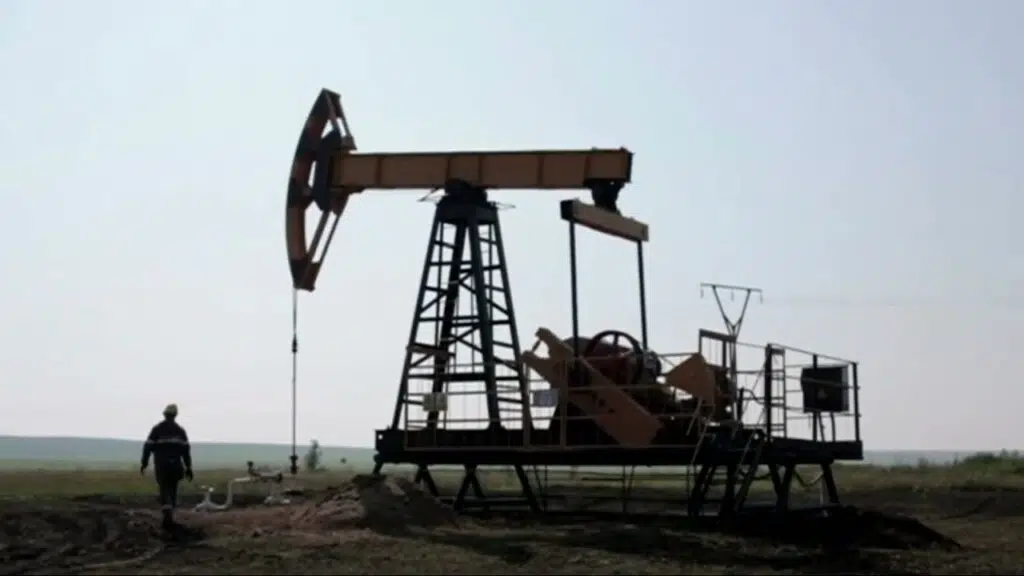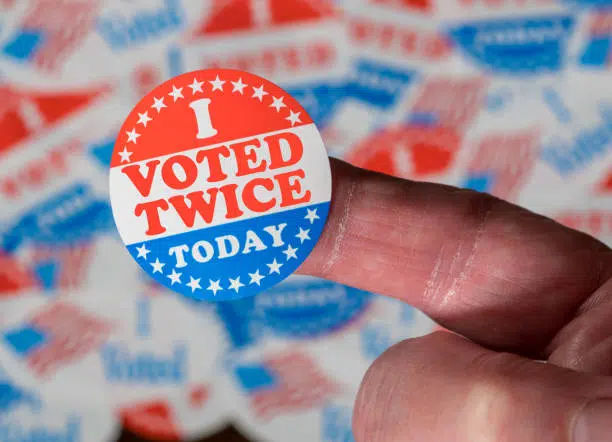
Amid Escalating Fuel Prices, LA Council Votes to Ban Oil And Natural Gas Drilling
Los Angeles sits atop the largest urban oil deposit in the world. So, it stands to reason that, at a time when average gas prices in California have been astronomical, reaching nearly $7 per gallon only a few weeks ago, the city’s liberal council voted unanimously last week to ban drilling new oil and gas wells and phase out the use of existing ones over the next 20 years.
Of course, there was an immediate outcry from ban opponents who argue the new policy will lead to job losses and higher gas prices than the average $4.89 per gallon for regular gas L.A. drivers are already dealing with, while the national average is $3.43, says data from the American Automobile Association.
According to the city’s planning commission, there are 26 oil and gas fields and more than 5,000 oil and gas wells — both active and idle and with some abandoned — throughout Los Angeles, and while wells traditionally were sited in heavy industrial areas, many over the years were nonetheless located in residential neighborhoods, near community parks and schools. The City News Service reports more than 500,000 residents in Los Angeles County live within half a mile of an active oil well.
The new well ordinance is being heralded as a win by community-based and environmental groups, who have asserted for decades that pollution from the wells is a serious health hazard. The city council’s 12 members lauded the vote as a victory for environmental justice.
“Hundreds of thousands of Angelenos have had to raise their kids, go to work, prepare their meals…go to neighborhood parks in the shadows of oil and gas production,” Los Angeles City Council president Paul Krekorian said, adding the time has come “when we end oil and gas production in the city of Los Angeles.”
The council heard public comments from groups supporting and opposed to the ordinance before the vote.
Krekorian tackled the issue of gas prices, reasoning that less than 1 percent of the crude oil processed in Southern California refineries comes from wells in Los Angeles, so the loss of the region’s drilling will not impact gas prices locally, said the City News Service.
California Gov. Gavin Newsom has in addition proposed environmental regulations to curtail oil drilling statewide, banning oil drilling within 3,200 feet of homes, schools, hospitals, nursing homes, and other locations considered identified as “sensitive.” Newsom has also proposed phasing out oil production by 2045 and ending the sale of new gas cars by 2035 to reduce fossil fuel demand.
James A. Watt, president of Warren Resources, a private oil and natural gas exploration and production company, said in a statement Warren intends to “use all available legal resources to protect our major investment from this unlawful taking” and claimed that pollution from its operations was “on par with that of a fast-food restaurant.”
Warren “has demonstrated to the City Council and all other regulatory authorities that we are not an environmentally significant pollution source for the community,” Watt said.
Hector Barajas, a spokesman for the California Independent Petroleum Association, which represents independent oil and gas producers in the state, said in a report by CNBC that 2.5 million barrels of oil produced by the city last year would have to be replaced by imports from Saudi Arabia, Ecuador and Iraq given the state’s new ban. Recent estimates by U.S. Energy Information Administration suggest the U.S. produces over 12 million barrels per day.
“Our in-state oil is the only California climate-compliant oil in the world, given that oil producers must adhere to the state’s greenhouse gas reduction program and account for all emissions,” Barajas said. “Foreign oil imports are totally exempt from those requirements.”
City planners proposed the oil and gas well ban after researchers from the University of Southern California released a study in 2021 that considered reports of health problems among residents in neighborhoods near wells. The research found people in the University Park and Jefferson Park areas reported significantly higher rates of wheezing, eye and nose irritation, sore throat and dizziness than neighbors living farther away from well installations. Both of the aforementioned communities are predominantly non-white with large Black and Latino populations, according to data from the U.S. Census Bureau.
The city’s drilling ban is part of a region-wide push to shut down oil and gas extraction throughout the County of Los Angeles, along with similar measures covering Culver City and unincorporated parts of Los Angeles County that were adopted in 2021.
L.A. City Councilmember Marqueece Harris-Dawson noted ahead of the vote that if Los Angeles, with its rich oil and gas stores, can find ways to limit and eventually completely do away with its use of fossil fuels, “cities around the world can do it.”



